Favoritism in the Classroom
Favoritism between teachers and their students is, unfortunately, a common occurrence in high school. Many upperclassmen agree that teachers tend to favor some students over others. Although it is natural for teachers to form bonds with students over the course of four years, these bonds can cause other students to feel as if they are treated unfairly or being ignored.
Lakes High School seniors Cecilee Phillips and Ashley Eung shared their perspectives from both sides of the issue—being a teacher’s favorite and least favorite.
Being a teacher’s Favorite
Phillips explains why she thinks one of her past teachers favored her, “She liked me because I talked to her and everyone else was quiet.” She talks about how this class made her feel good about herself, “It makes it easier to come to class because they’ll help you out more than others.” Being favored eased her anxiety about not understanding what was on the assignment, knowing she would get as much help as she needed.
Eung says one of her teachers preferred her over other students when it came to grading, “He would give me an A on things I didn’t even do.” The teacher would not do this for other students, and Eung has no idea why she got special treatment. “Honestly, I didn’t do anything. I don’t know why he gave me good grades.” She felt as if she didn’t have to put any effort into the classwork, because “I’m just going to get an A either way.”
Being a Teacher’s Least Favorite
On the other hand, Eung had a different experience with another one of her teachers, “She was very evident, no matter what I did, no matter how good my work was, she always had something to say. She always thought I was doing something wrong, even though I wasn’t. She gave me Cs on everything even though she said, ‘Oh my gosh, your work is so good!’” Eung states. Eung expresses how her teacher’s actions made her mad. She felt like the teacher was treating her badly out of spite.
When Phillips got into a car accident, she needed an extension to turn in an essay. Her teacher would not give her the extension. “She told me, ‘Maybe you’re just not fit for this class,’” Phillips states. She explains how, on top of that, she was treated unfairly, “Other people got As in that class, even though she made it impossible. I failed every single essay. That’s the only class I’ve ever failed.”
Impact of Favoritism
Both Phillips and Eung agree that while being a teacher’s favorite, they did not worry about classwork as much, knowing they would be helped and given a good grade. Additionally, coming to class felt easier, knowing they weren’t going to be chewed out by the teacher for something small.
While being a teacher’s least favorite, Phillips and Eung agree that they felt anxious whenever they had that teacher. They felt as if their efforts were overlooked, and their bad grades weren’t truly reflecting their academic abilities.
The anecdotes from Phillips and Eung shine light on how favoritism at Lakes can affect students’ motivation, mood, and self-esteem. Lakes has a population of 1,286 students, and only two were interviewed. This raises the question; how many other Lakes students have been affected by favoritism? How has it affected their education?
Thoughts From a Teacher
Why do teachers pick favorites?
Lakes art teacher Thomas Hughes was asked if he ever had favorites. He goes on to say that it’s more than just “favorites” and “least favorites.”
“It’s more than just a one-time exchange- if you just keep showing up, no one’s quitting on it, I don’t know, [I] kind of slowly earn people’s respect,” Hughes shared.
According to Hughes, if a teacher keeps trying, the problematic students will eventually come around. Teachers, as well as students, need to work together to have a good relationship.
“So, I gotta give a little bit. I gotta figure out how these people work, and they have to figure out how I work, and if they’re willing, we usually like each other well enough.” Hughes explains that, with effort, favoritism can be diminished at Lakes.
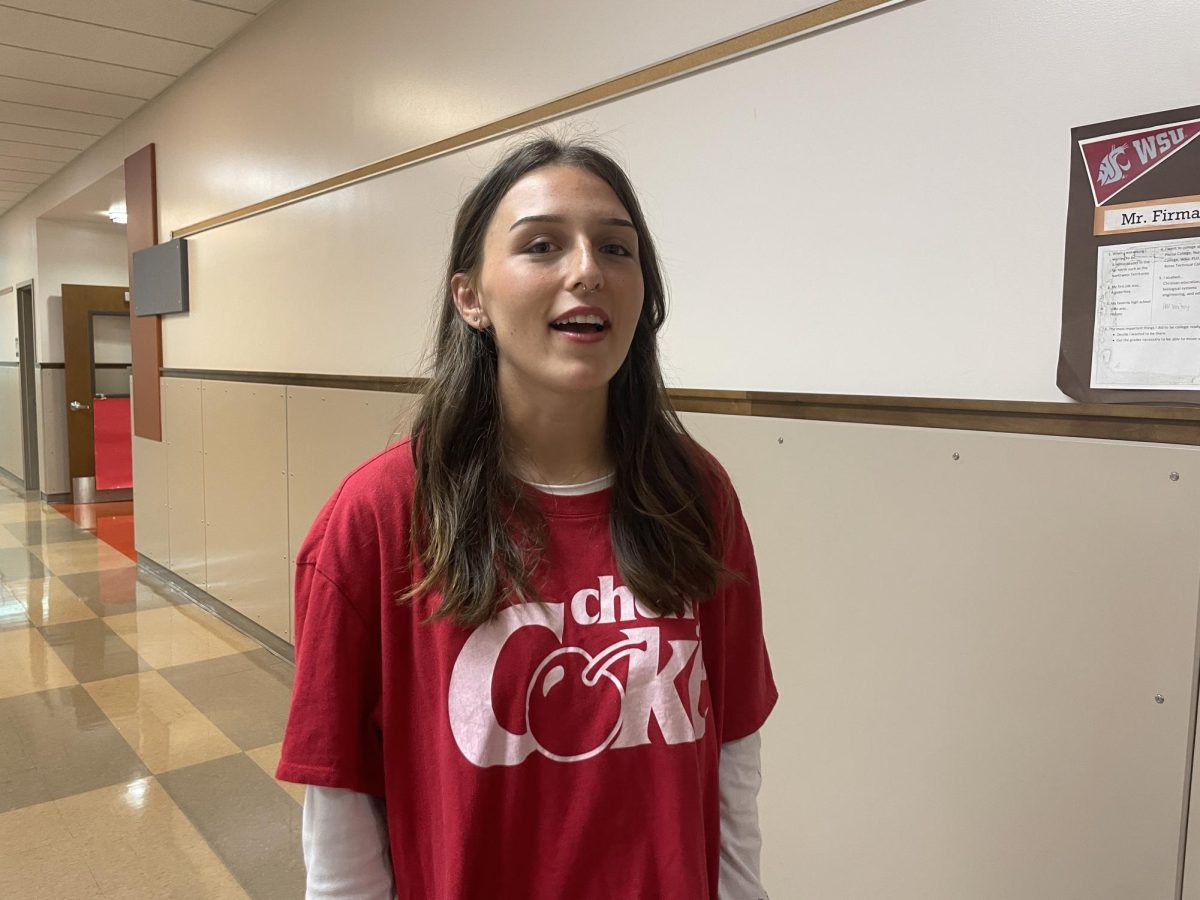

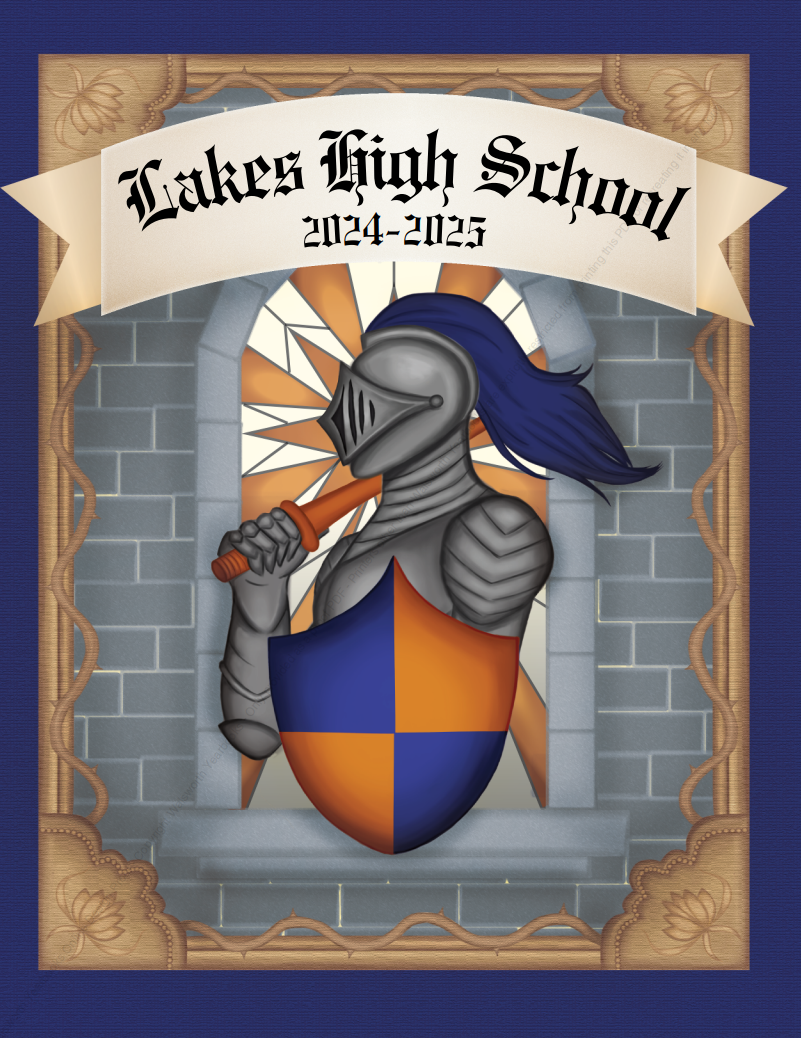
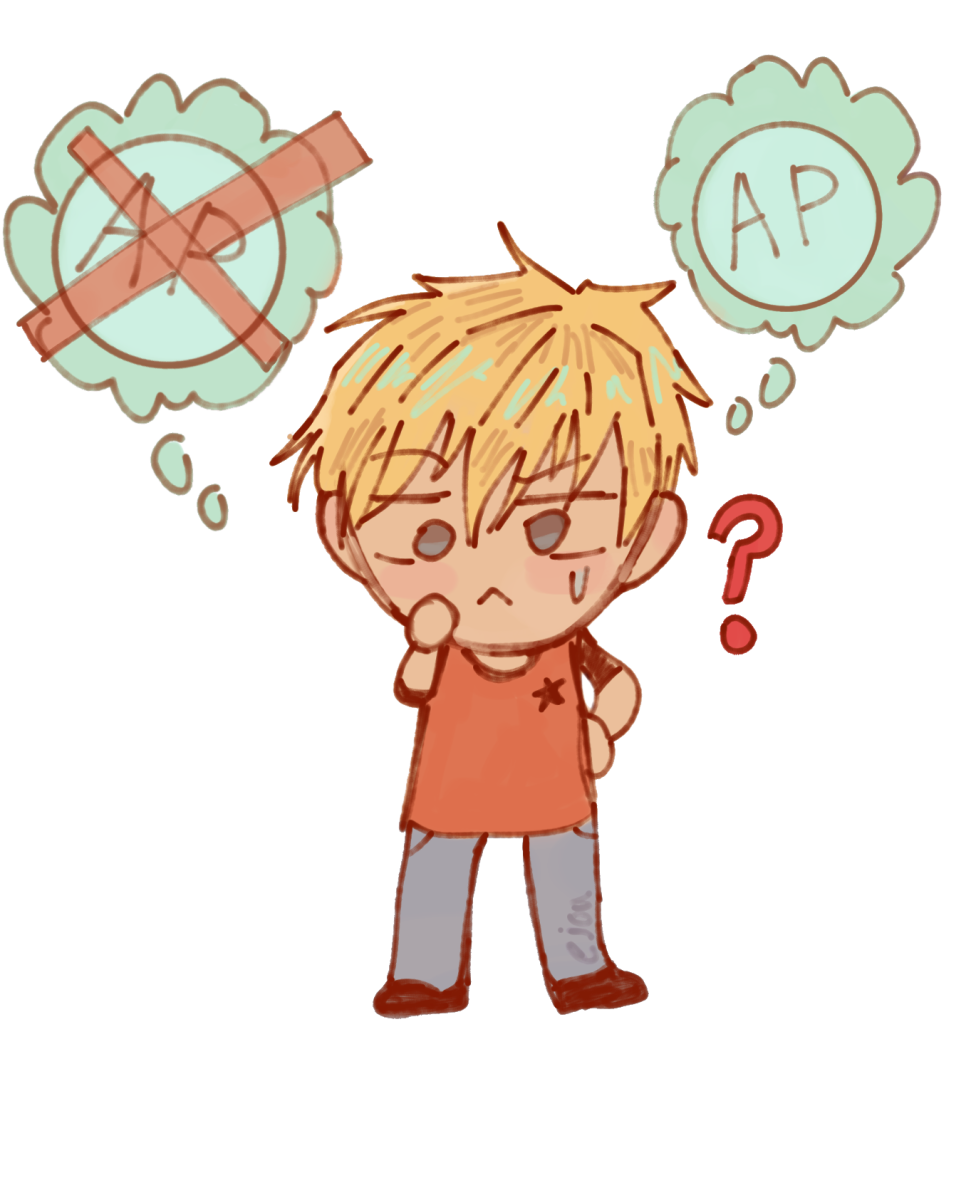
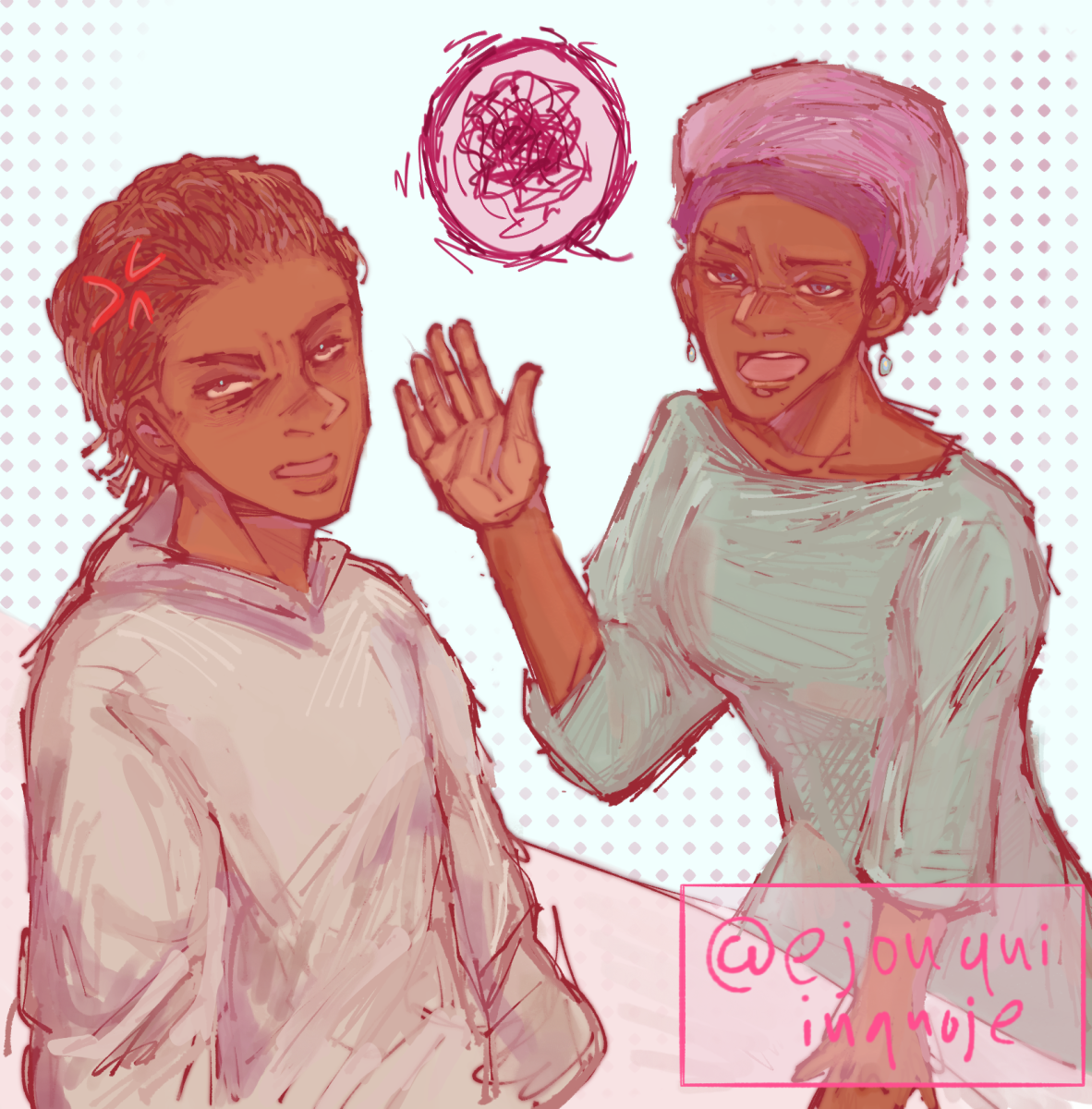

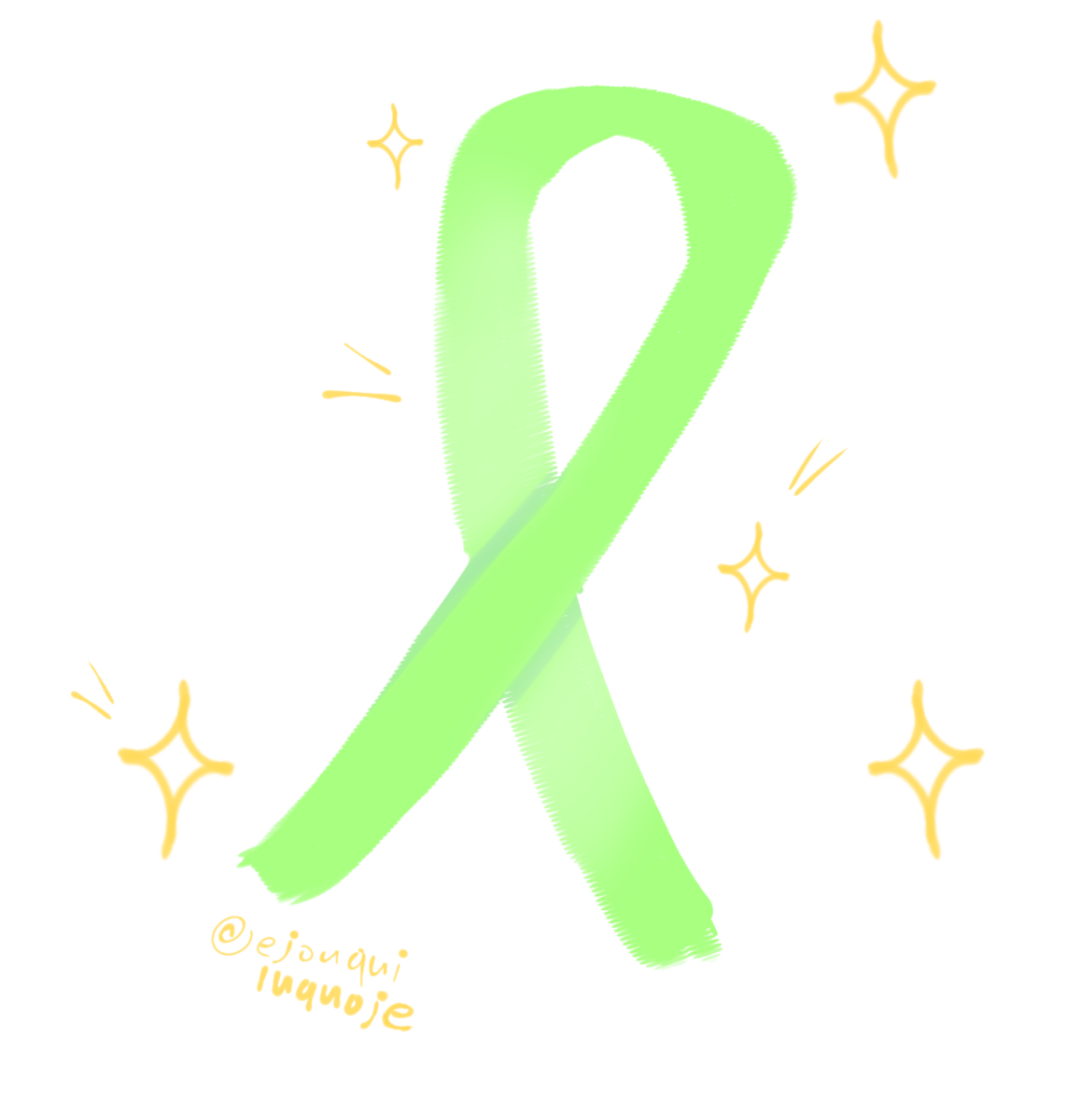
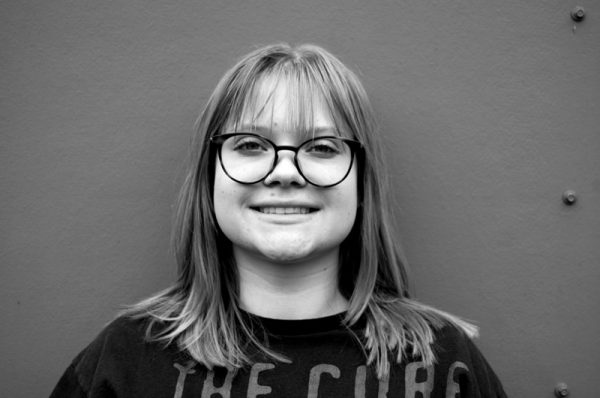
Kinza Timite • Feb 26, 2025 at 9:47 pm
I loved reading this
Louise Womack • Nov 30, 2024 at 3:01 pm
I like how you interviewed Cecilee Philips! Her perspective is very unique knowing she previously went to another high school before Lakes!
Branasia • Nov 12, 2024 at 11:32 am
Loved the different perspectives in this article! It gives us an understanding of both sides.
Cecilee Phillips • Nov 12, 2024 at 11:27 am
Loved your intake on this Dylan.
Quinn Stout • Nov 11, 2024 at 7:48 pm
This is really impactful and really speaks out about how teachers’ favoritism can affect the learning of others.
Emersyn Quenga • Nov 8, 2024 at 8:17 am
Thank you for getting real evidence from real people! This shows the way it impacts students! Great article!!
Danielle • Nov 8, 2024 at 8:15 am
This really brought a new perspective into my eyes!
Ella Glovier • Nov 7, 2024 at 12:02 pm
This was so interesting! Good Job on this, you had me hooked!
Grecia • Nov 7, 2024 at 12:02 pm
An intriguing notion in its own way, definitely makes me think
charliz magno • Nov 7, 2024 at 7:44 am
Ive shared some of these experiences. Very eye opening!
Dana Rose Dungca • Nov 6, 2024 at 8:47 am
I love how you focused on the responses from seniors specifically in high school, and how they were real and shared their own experiences on this topic! You did amazing with creating this article.